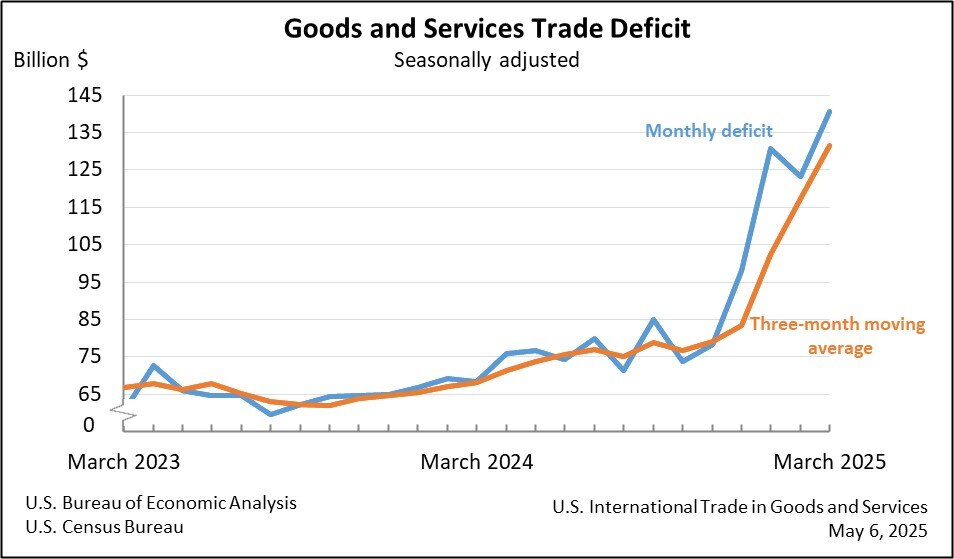When economic troubles hit, capitalists blame labor and
ignore their own role in the destruction:
“The growing production capacity in China changed the U.S. industry,” said Brian Grant, chief executive of Del-Nat Tire Corp., a Tennessee tire distributor that exited the business early this year after chalking up losses on overpriced inventory it had bought before prices fell.
A dozen years ago, low-cost workers from the countryside poured in to China’s factories, helping bring down the cost of everything from T-shirts to tricycles.
What brought the price down was misallocation and malinvestment fostered by the massive expansion of asset-less backed credit offered by the central banks to whoever happened to be greediest. Now that we've past the tipping point in all sectors, prices are falling and the policy makers have no answer to it.
The danger is war, and if not, then we have 40 years of slowly working through the damages done by the last 40 years policy.
Using mal-credit, Petco rolled up the corner pet shop, Lowes the corner hardware store, Safeway the corner grocer, Office Depot the corner stationer, Shell the independent gas station, CVS the corner pharmacist, toysrus the corner toy store... but in some towns, some places, you still see the mom and pop.. the independent, the specialty... and they are doing fine... if in the last 40 years you went upscale when the price cutters showed up, you survived. Now the price cutters are dying a slow death... time to kill them off by extending credit to your customers, at no interest.
You have to shift your thinking from wealth is how much you can accumulate to wealth is the range of goods and services you can access with you own money.
This return to a real, organic economy is revolutionary, it is the only nonviolent way to destroy capitalism, and not have socialism take its place. Free markets will emerge where organic credit flowers.
Feel free to forward this by email to three of your friends.
